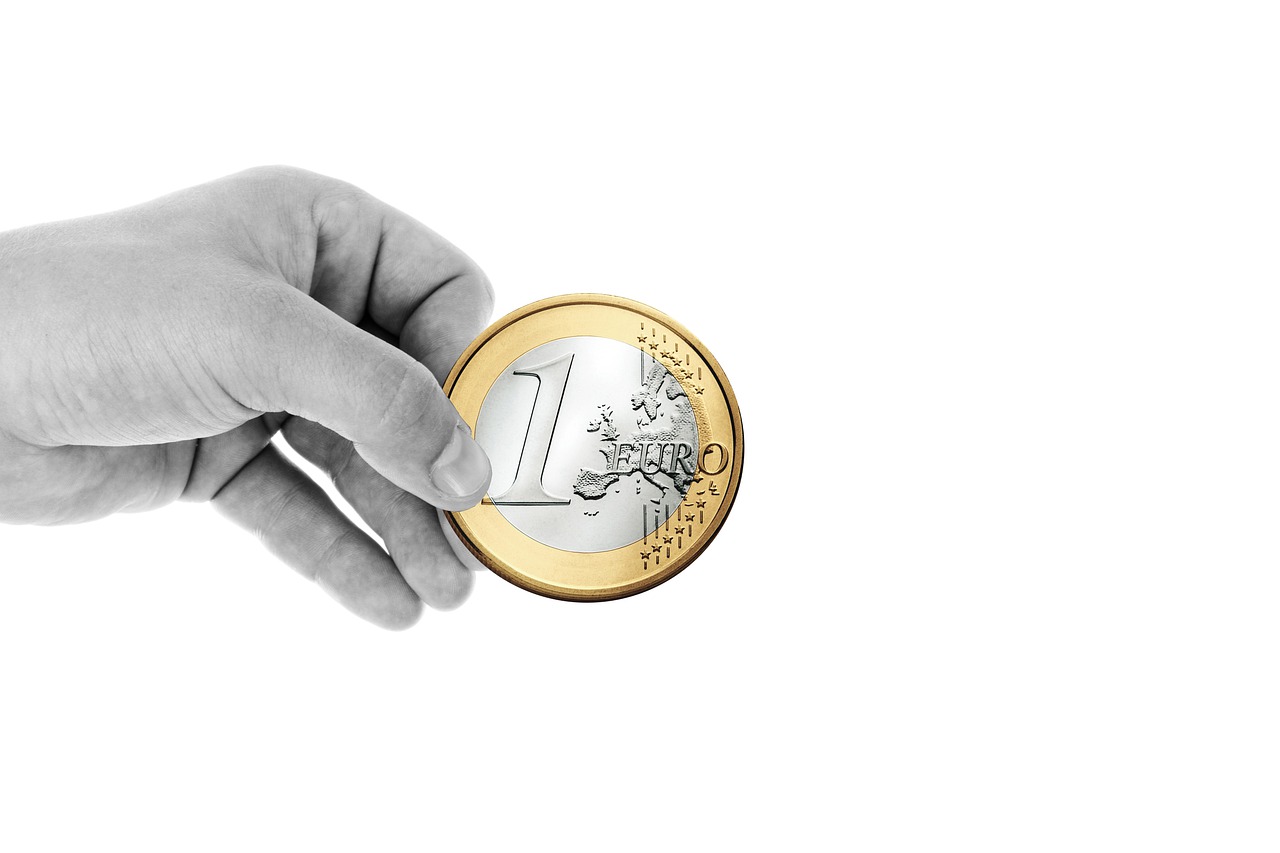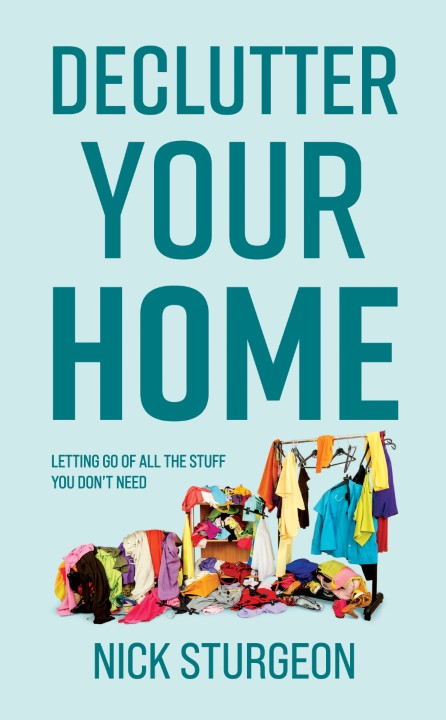While exploring our own situation of a house filled with 'stuff' and all the emotional issues I felt around these possessions, I started to look at the themes of letting go, of discarding and living with less. I had my own 'light switch' moment when I was about to buy yet another book and realised the stupidity of doing so. I had already had shelves piled high with books, so why bother with another that would take up space, cost money to buy and then gather dust? That moment started the conversation in my mind about doing the same or better with less possessions and better energy.
When you look at you own home space, how much of the things in the building do you actually need? What proportion of your home space would you need if you just kept what you love and use each day?
If Consumerism is the mass wave of being swept along in buying the latest cellphone, family vehicle, or fighting - sometimes literally - for the best deal at a store opening on Black Friday, then the opposite of this is making what you have last longer and being in a place where the same amount of money now buys you more of what you will appreciate and preserve.
In looking at what we need to live with in our own space we have begun conversations with new friends and people who have made a decision to be in a different and better place. A lady in our town runs a beauty store on the high street. when she finishes work each day she gets in her car and drives five miles or ten miles to wherever her floating home is moored up. Five years ago she and her husband sold their house and split their money between long term savings and a previously owned narrowboat. Moving from a three bedroom house to a boat that is really just a thirty foot long corridor has completely changed their approach to possessions and what is needed. "We each have plenty of clothes. Our boat has a galley kitchen, a combination washer dryer machine for clothes, and a dining table that folds away when not used. We have our own bedroom with a conventional bed and two fold away camp cots for when friends stay. We have a wood burning stove that heats the whole boat for little cost. We have a shower instead of a bath, lots of shelves along the length of the boat for books, ornaments and general storage. We have potted plants and shrubs on the roof along with bicycles and firewood, with sitting out areas to the the front and rear of our boat. All of the stress of buying and paying for the extra 'stuff' of living in a house, all of that pressure and worry has gone."
In an example from a helpful and inspiring online documentary called "Minimalism" I watched a man in his twenties talk about how he has reduced his belongings to 51 items that he can pack into just two bags, a weekend shoulder bag and a laptop bag. With just these items he lives a very flexible life, able to work from different places around the world as he chooses, precisely because he doesn't have the baggage that we surround ourselves with in everyday life.
The canal boat and the youngster with 51 items might seem extreme but they are real examples of how people have decided to do just as well with less belongings, wanting to lead lives that are meaningful to them without the conventional approach to the debt associated with possessions and home spaces.
We are demanding more space and more facilities in buildings that we make proportionately less use of than our parents and grandparents. Garages are used primarily for storage of clutter rather than for a vehicle. Rarely are they spaces where we keep our workshop and tool collection. Instead we use such skills less and pay other people to do the repair work for us. The lack of knowledge over how to maintain a house comes at a financial cost.
You can lead a life where you can rely on far less money because that money will go so much further when spent on items that are durable, and which of course you love and appreciate. When you cost of living drops but you maintain or enhance that standard of living, you are in a good place. Decluttering and realising what you no longer need is a part of the process of becoming free and gaining greater happiness and contentment with your life. Without all the belongings that surround you, how might your life look different?

